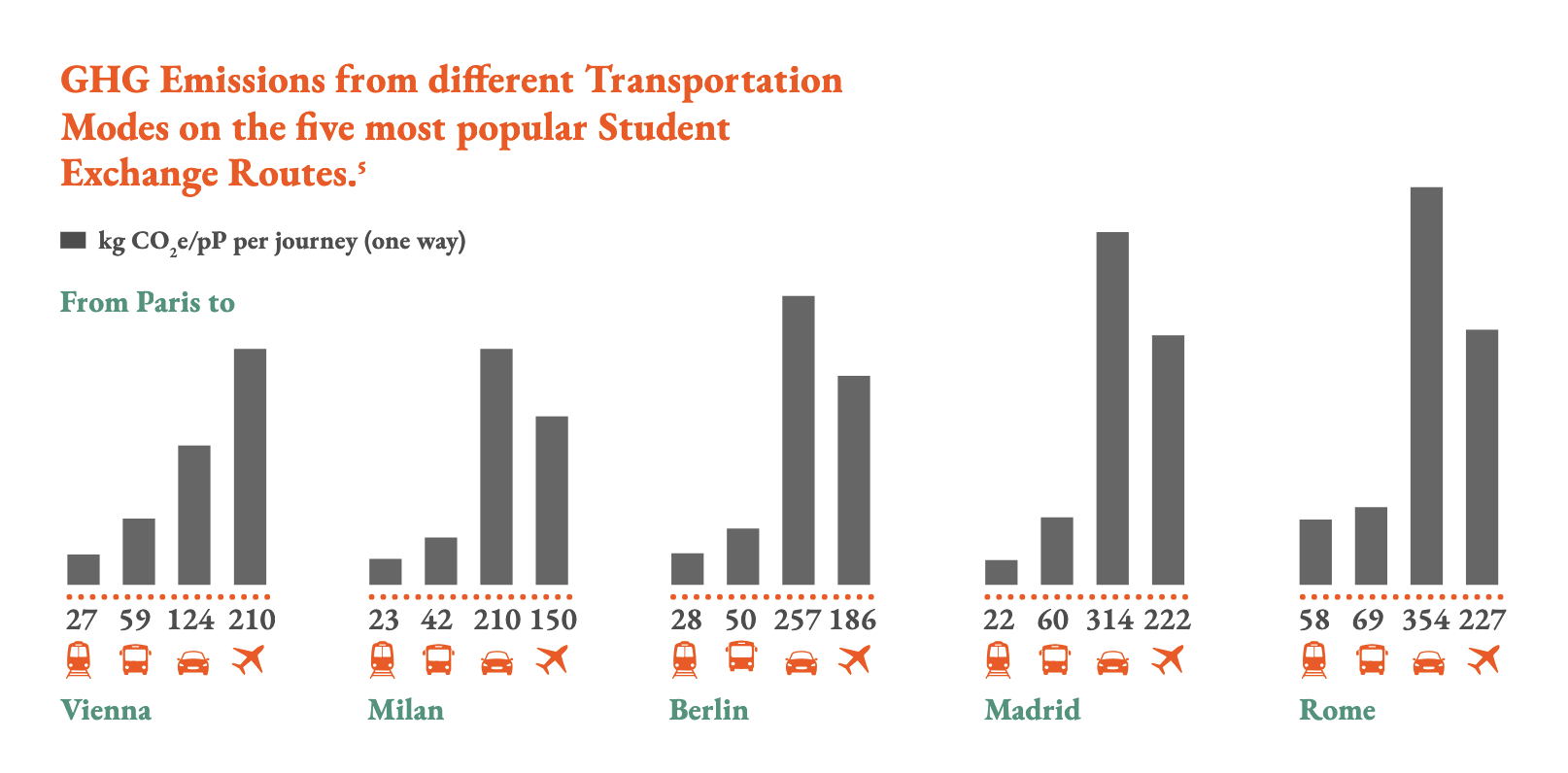Several news outlets have reported that the French rail company SNCF is on track to suspend the operation of two important night trains in 2026: the Vienna-Paris and the Berlin-Paris routes. (The Guardian). “Due to the discontinuation of government subsidies in France from 2026 onwards, we are unfortunately forced to discontinue the Vienna/Berlin-Paris (night train) connections from 14 December 2025,” the Austrian state-owned rail operator, ÖBB, said in a statement online.
In good news, ÖBB has confirmed that the Nightjet connection between Vienna and Brussels (currently operating three times a week) will continue next year, as well as other popular routes, such as Vienna-Amsterdam and Munich-Rome.
While there are alternative direct buses between Paris and Berlin, the time differences are stark: between 16 and 19 hours or 12:30 overnight, compared to an 8-hour night train. The shortest overnight direct bus from Paris to Vienna is just under 19 hours. Interestingly, as Greenpeace investigated in 2024, there is no direct daytime train connection between Paris and Berlin or Vienna.
Further north, a brief sound of alarm was heard, as the Swedish Snälltåget’s (a private company) year-round night train between Berlin or Hamburg and Malmö or Stockholm was announced to be discontinued at the end of August 2026. Thankfully, RDC Deutschland Gruppe, the company that manages this line for SJ AB, will take over the service independently. Nevertheless, the train will no longer run every day, especially in winter when demand is lower.
Why is it relevant for Erasmus+ and student mobility?
The routes Paris-Berlin and Paris-Vienna are among the most popular for Erasmus+ higher education students who are travelling green, i.e., by train, bus, bike, or carpooling, or a combination of these means (EUF). Despite the considerable distance between these cities, this behaviour can be explained in part by the connectivity options that are not at risk.
As calculated by the SET consortium in the table below, travelling has a significant carbon cost, with the differences in GHG emissions varying greatly depending on the mode of transport used.

Regarding barriers to green mobility (EUF), students repeatedly shine light on a real dilemma: how can they balance environmental awareness with the additional effort usually required to plan such trips, which are often longer and more costly? In another Greenpeace analysis, France holds the record (95%) for the most expensive international rail travel compared to flights, followed by Spain (92%), the UK (90%), and Italy (88%).
As polarised socioeconomic conditions undermine fundamental European values and pillars, Erasmus+ stands for connectivity, opportunity, and active citizenship. Young people should be empowered and enabled to cross boundaries, forge new friendships, and become responsible agents of positive change – change for an environmentally, socially, and economically sustainable system that allows everyone to be the best version of themselves and to care for others.
What can you do?
- Sign the petition (available in FR, EN, DE) to save the SNCF night trains and spread the word: https://agir.greenvoice.fr/petitions/sauvons-les-trains-de-nuit-paris-berlin-et-paris-vienne.
- Explore the interactive night train map: https://back-on-track.eu/night-train-map/.
- If you work in a HEI, join the Go2Unis network, or if you are an Erasmus+ student, connect with other peers travelling to the same destination here.
© Image by Osman Rana via Unsplash

